Dazed and Confused in Translation
Nothing Holier Than a Dolphin
In an attempt to adapt two myths at once, Isabella Margara’s short fails to live up to its premise and instead drowns it under a convoluted mix of different narrative planes.
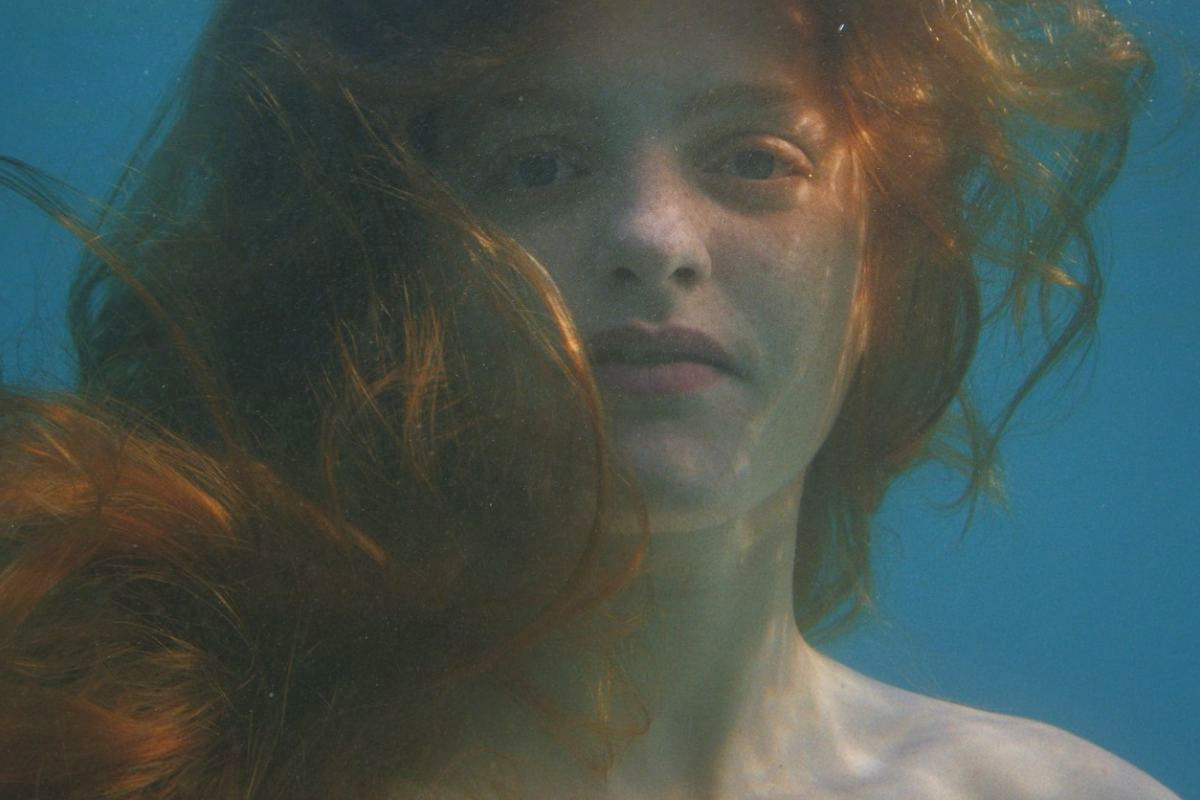
The process of adapting a story from one medium to another is like walking through a minefield: there’s a high chance the end result will not live up to the source material’s potential, and blow up the whole project. For every viewer who marvels at Baz Luhrmann’s modernised adaptation of Shakespeare’s classic, Romeo + Juliet (a genuine pop-culture milestone), you’ll find a cinephile complaining about Carlo Carlei’s uninspired 2013 Romeo & Juliet. Watching different languages collide in Isabella Margara’s Nothing Holier Than a Dolphin; we are dazed and confused in translation—or, in this case, adaptation.
Following 2020’s 54 / The Blind Turtle and the Endless Sea, Dolphin is Margara’s second short to compete at Ljubljana’s Short Film Festival—FeKK. This time, the writer-director strives to adapt two myths: one set on the Greek island of Samos, in which a local boy befriends and rides a dolphin, and the other on the Arctic Circle, about a polar bear who rescues a drowning fisherman. Both tales focus on the relationship between land and sea, more specifically, the bond between man and marine creatures. Dolphin unfurls as a play set in a seaside restaurant, and it only takes a few minutes for a patron, one of the fishermen at the short’s center, to utter a sentence that encapsulates its overarching message: “Nature does nothing incomplete… not in vain.” The lesson is clear enough, but the rendering of the story is rather confusing and, regrettably, quite dull. In its efforts to appeal to eco-conscious viewers or animal-rights activists, Dolphin seems to have forsaken any sense of narrative discipline.
“The two fishermen find a dolphin accidentally caught in their nets,” the short’s synopsis reads. “The dolphin, on its turn, find [sic] a fisherman drowning in the water. In this small Mediterranean village, an ancient myth unexpectedly comes to life.” Having watched it, I couldn’t help but wonder whether I would have summarised Dolphin in the same way. Most of the film’s running time is devoted to retelling the myth in a restaurant rather than bringing it to life in a more meaningful sense. This is Dolphin’s crucial problem: it does not live up to its premise, but drowns it under a convoluted mix of different narrative planes.
It is, perhaps, a classic case of style over substance. As far as visuals and performances go, there is plenty here to like. Shooting her film in Greece, Margara brilliantly directs her cast and crew. Standing out among a set of great performances is the narrator, Kofi, and the mysterious, unnamed dolphin girl. Tunes by Greg Eleftheriou and Hasta Brassta complement directors of photography Claudio Bolivar and Petros Nousias’ excellent work, as well as Christos Giannakopoulo’s impeccable editing. But while the film’s technical aspects might be a success, the script’s theatrical scaffolding and the confusing narrative construction leave us asking: What does Dolphin have to say or want to show, exactly? Does the short want to use theater as a narrative device or magic realism as a style? When Dolphin takes its ‘physical theatre’ route—by re-enacting the fishermen catching the dolphin in the restaurant where the play unfolds—it all feels more like a school play than a brilliant theatrical representation of mythical stories.
For its final act, the film oscillates between outside events and their indoor re-enactment. At times, Dolphin feels so artificial it is difficult to connect with the characters or with what we see on-screen. Nevertheless, there is perfect chemistry between Papadaki’s human version of the dolphin and Christos Karavevas as the young fisherman she rescues. Their few scenes together are essential to grasp the movie’s spirit and what it strives to depict–an inexplicable bond between two strangers, an interspecies remake of Romeo and Juliet in the Greek sea.
In that, Dolphin harks back to another recent film with a similar premise: Christian Petzold’s Undine, a romantic fantasy that grafts the French myth of Ondine onto modern-day Berlin. In it, Paula Beer plays a water nymph who becomes human and must nurture her love for a man to preserve her soul’s immortality. Petzold’s take on the myth is what Nothing Holier Than a Dolphin should have been: an adaptation, dreamy and nightmarish, that turns the fable into a contemporary story of love at first sight, life, mortality, and betrayal, shot through with magic realism.
Dolphin ends with a visually stunning final that sees Papadaki’s woman-dolphin gaze at the camera from underwater, a reminder of how much stronger Margara’s short is out at sea, as opposed to its mundane on-land reenactments.
This text was developed during the European Workshop for Film Criticism #2—a tandem workshop set during Lago Film Fest and FeKK Ljubljana International Short Film Festival—and edited by tutor Leonardo Goi.
The European Workshop for Film Criticism is a collaboration of the European Network for Film Discourse (The END) and Talking Shorts, with the support of the Creative Europe MEDIA programme.

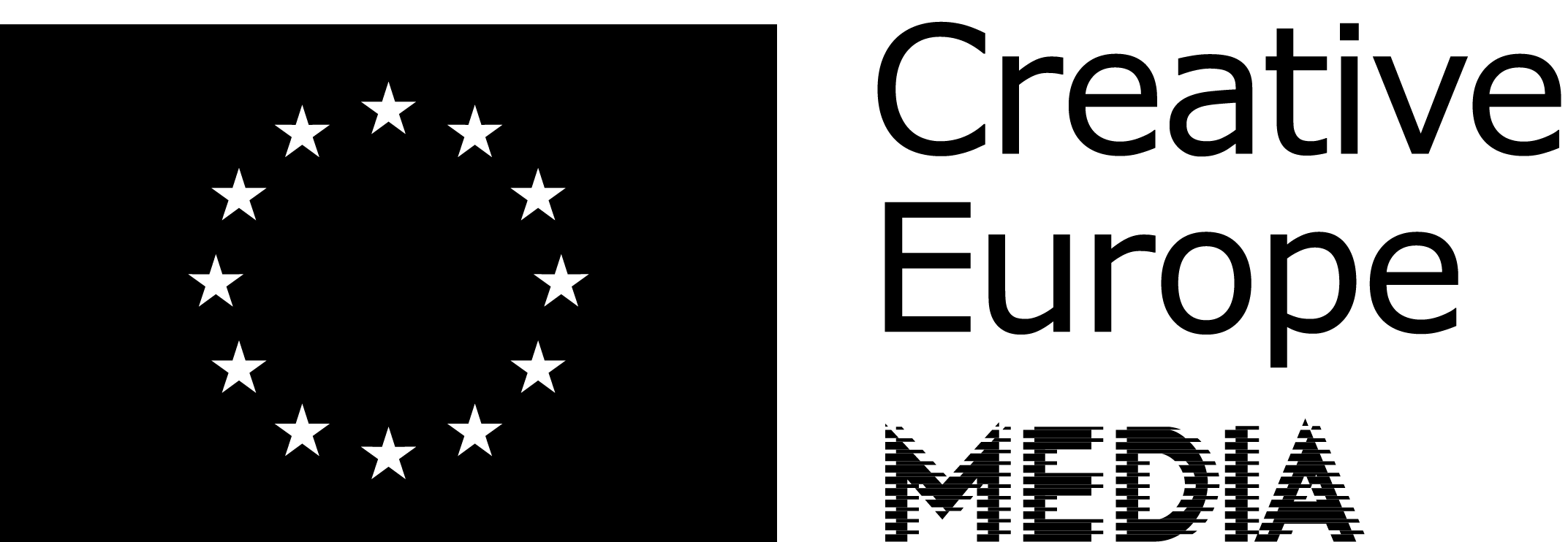


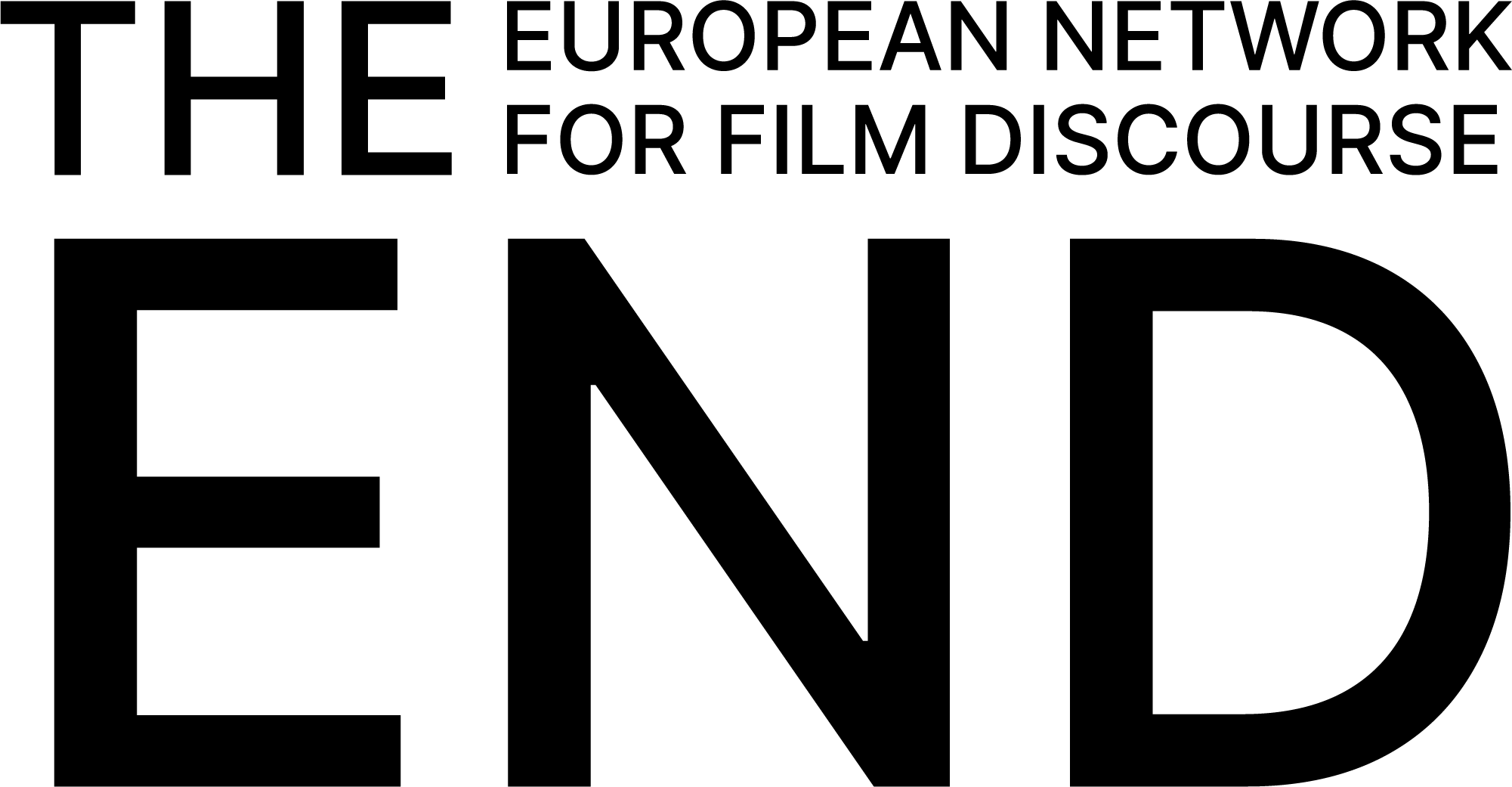
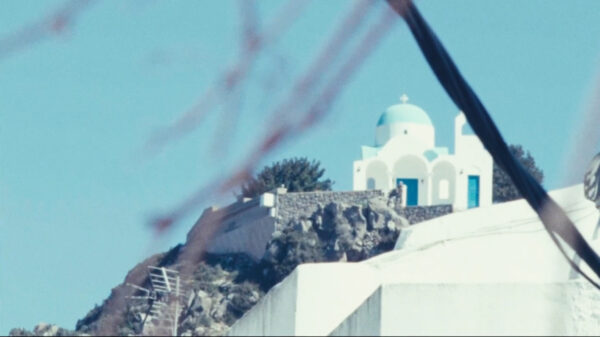
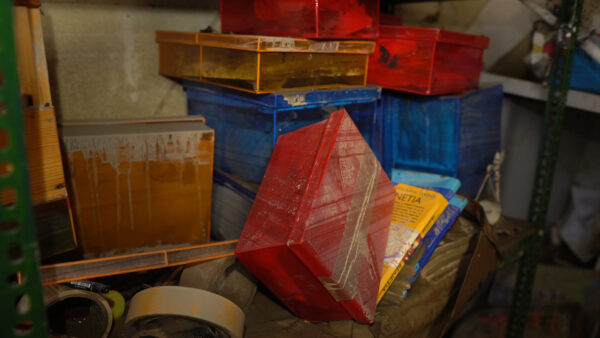
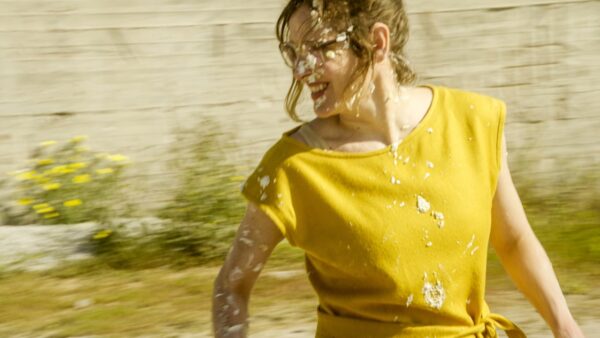

There are no comments yet, be the first!